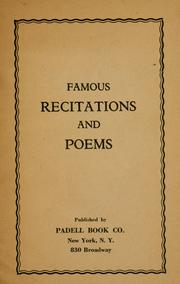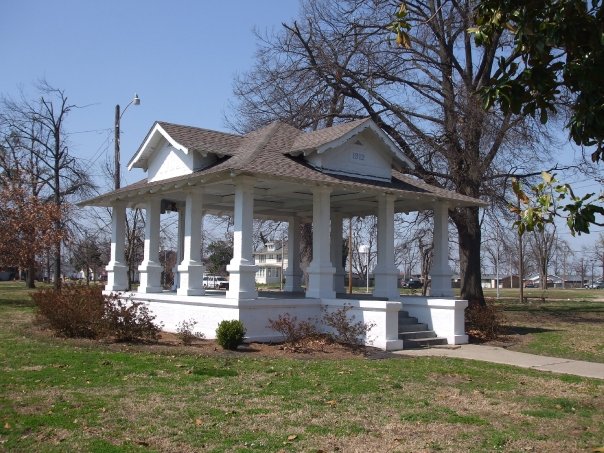Miss Edith Mae Jones loved beaded earrings, big old clunky
clip-ons which weighed heavy on her ears before the day was over. She was fond of great clumps of plastic or
glass or pearl, all twirled round into little rose or clustery broccoli or
cabbage shapes, clipped onto her ears beneath the sway of her hair. They leaned more to the blue or green shades,
alternating between the days-of-the-week when she wore one of her three
suits---the deep blue shantung with the pale blue piping, the bottle-fly green
serge with the peplum, and the nice black gabardine one, mostly reserved for
special occasions like funerals and teachers’ meetings in Greenwood or Clarksdale, and the several up-the-ladder
progressions to the yearly Speech Contest in Jackson, for all the state’s
novice speakers and declarers and debaters.


Her blouses ran mostly to those silky-neck-bow things, which she
thought hid the gentle folds beneath her chin, and to big pearl-ball-buttons on
the cuffs. She was a tallish slim
woman, with bouncing salt-and-pepper hair which she dampened and rolled under
onto a Kotex at night to preserve her page-boy, before pinning it into one of
her pretty pastel hairnets.
Miss Edith Mae was distinguished from Miss ARDYTH MAE, (the
piano teacher who was married and widowed
with several children grown during the years she “taught music”) by
being an unmarried lady, one of the several privileged few who “lived at Mrs.
Wood's.” AT as opposed to WITH, for AT
pre-supposed a set fee for room and perhaps board (which was generously
provided), for you could live WITH someone, in your own house or theirs, from
girlfriend to boyfriend to understandin’
to shackin’ to you
know how it is to still at your Mama’s, without being on
your own two feet.
But “living at” was reserved for folks making a living---paying
boarders and roomers and the frequently-passing-through railroad men keeping a
few things in a locker at Miss Florrie’s Ho-tel and Caffay between stays.
Miss Edith Mae was the Paxton High School English-and-Speech
teacher, with long and numerous orations and poems committed to memory, and a
popularity for being on call as entertainment at Civic Club and Lions’ Club and
Shriners, as well as knowing by heart quite a few gentle, earnest pieces
suitable for the tender ears of the WMU
and Missionary Society ladies. No THE HIGHWAYMAN for them, no BLESSED DAMOZEL, no Ophelia, but
mostly Helen Steiner Rice, whom she could quote for any occasion. And of
course, she could whiz right through the hymnbook, gesturing and declaring
every verse of the good old songs as if they were Dickinson or Donne, and
surprising those ladies with those never-sung verses usually buried in the
Broadman/Cokesbury third-verse wasteland.
And once, when she was invited to “do a piece” for the Fourth of
July, she chose to recite the entire four verses of The Star Spangled
Banner.
When she began the Oh,
Say Can You See, and everybody recognized the words, a rustle
began, as they straggled to their feet all over the campground. And stayed standing, verse after verse, each probably wondering
when or if they could sit down, or if they should, or was that only if there
was music, or what? As she strode the
platform with the aplomb of Webster and Clay and Holmes, gestured aloft, mimed
banner-waving, pressed fervent hand to heart, shaded eyes to LOOK, LOOK, they stood respectfully in that July
sun, with pride in their hearts along with a wonder that there were so many verses.
When she finished with a triumphant flourish of her right hand
to Heaven, she got the only standing ovation in the town’s history which
STARTED OUT standing up.



Thanks so much for stopping by!!
ReplyDeleteI added your new blog to my blog roll....
Hugs,
Debbie